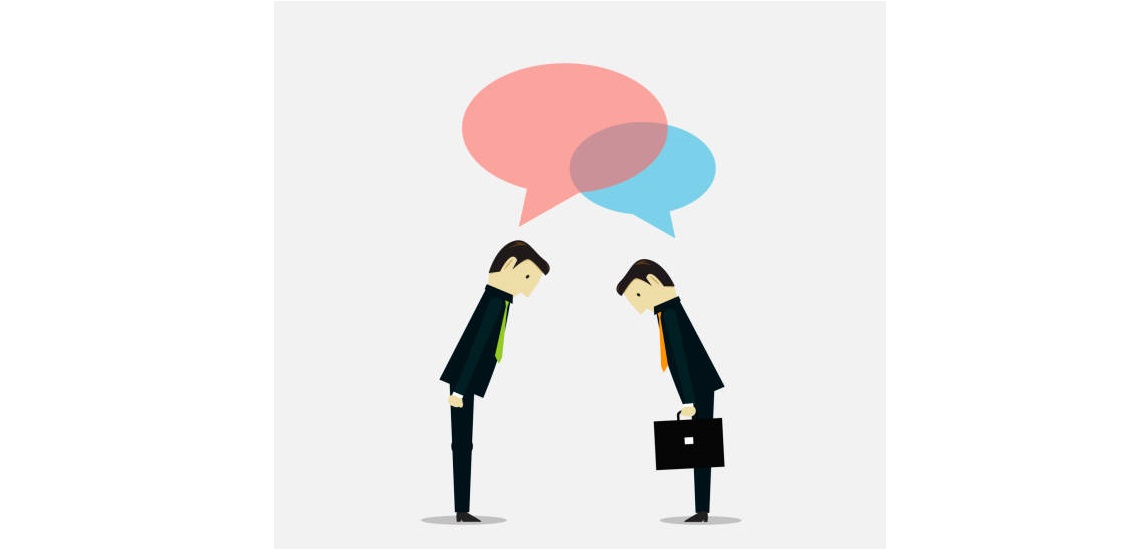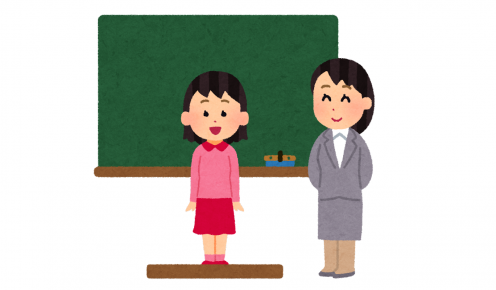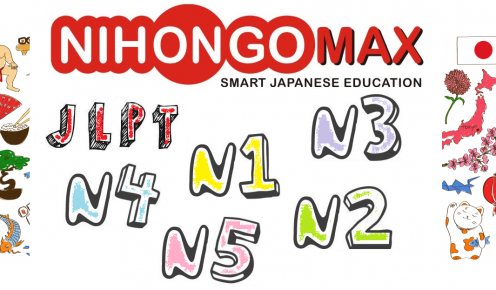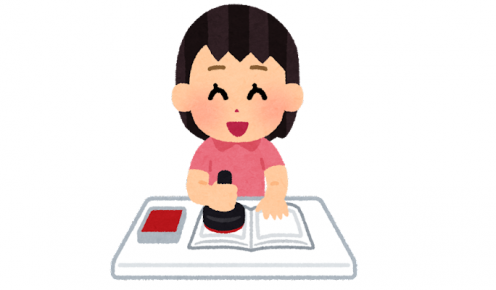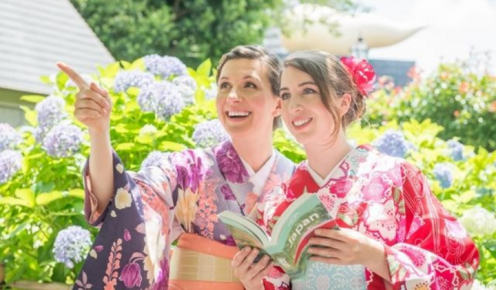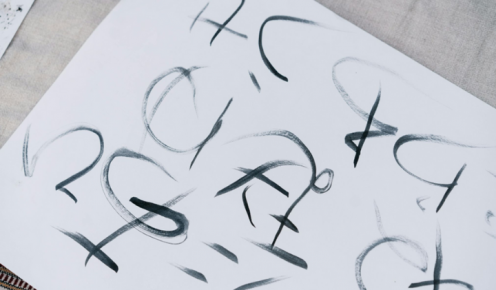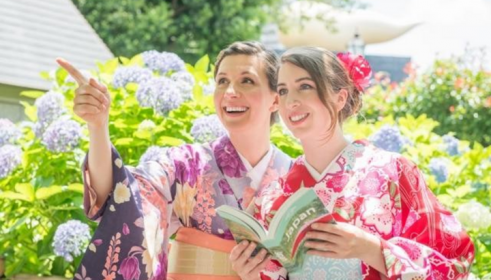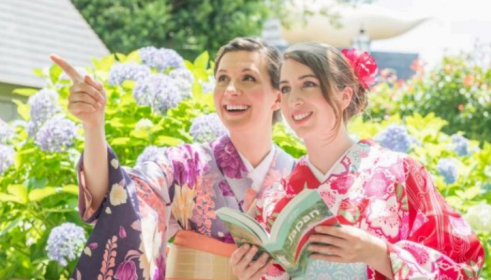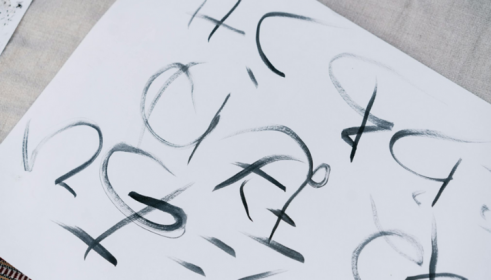Japanese Greetings to work in Japan
Now there can be many instances while you live in Japan, you need to Greet Japanese people in different situations with an appropriate Japanese greeting.
Or it can be the case you are set for your Japanese interview to get a job in Japan, You need Japanese greetings pronunciation and the meaning right. Learn them NOW.
Some of the common Japanese greeting examples are:
| Japanese greeting | Meaning | How to use |
| Yoroshiku onegaishimas | Looking forward for your help | Read Detailed Explanation and use |
| Dozo okamainaku | Please don’t bother | Read Detailed Explanation and use |
| Shitsurei shimas | Excuse Me | Read Detailed Explanation and use |
| Hisashi buri | After along time | Read Detailed Explanation and use |
| Dewa, Mata | See you again | Read Detailed Explanation and use |
| Ki o tsukete | Take care | Read Detailed Explanation and use |
| Odaijini | Take care (to a sick person) | Read Detailed Explanation and use |
| Gambatte kudasai | All the best | Read Detailed Explanation and use |
| Kini shinai de kudasai | Please don’t be upset | Read Detailed Explanation and use |
| Osaki ni shitsurei shimas | I take your leave | Read Detailed Explanation and use |
| Ohayougozaimas | Good morning | Read Detailed Explanation and use |
| Okaikei onegaishimas | Please bring the bill | Read Detailed Explanation and use |
| Itte kimas | I am leaving home | Read Detailed Explanation and use |
| Arigatougozaimas | Thank you | Read Detailed Explanation and use |
| Konichiwa | Hello in Japanese | Read Detailed Explanation and use |
| Suki des | I love you | Read Detailed Explanation and use |
if you’re going to Japan or thinking of studying Japanese, you’ll definitely want a have a grip over the basic Japanese greetings and phrases.
Even if you are going to get a Job in Japanese MNC, You need them. So lets START NOW.
Saying greetings in Japanese is easy to learn and essential before visiting Japan or conversing with native Japanese speakers.
Mastering these greetings is also a great early step in learning the language. Knowing the correct way to greet in Japanese demonstrates respect and an interest in the language and culture, which is of prime importance in Japan.
Common Japanese Greetings and How to Use Them
The Japanese language uses different greetings depending on the time of day (as English does) and the situation (such as whether the person you’re greeting is a close friend or a superior at work). Let’s take a look at the most common Japanese phrases and how to use them.
#1: Yoroshiku Onegaishimas = よろしくお願いします
is the most important and most widely used greeting. Whether you meet a Japanese for the first time or you are in a formal occasion or just you want to start a conversation, Always remember to say it in clear and loud voice. Since there are many different ways to use and say it, Don’t try to translate it into English you may not get the exact translation.
But for your ease of understanding, mix these two meanings in your mind:
“Looking forward for your support”
“Thank you in advance”
It is mainly said before you ask someone for a favor.
#2: Dozo Okamainaku = どうぞ、お構いなく
is spoken when you are offered with some tea, coffee or snack as a token of guest entertainment. You should say “Dozo Okamainaku” to say thanks but please don’t bother for me. (You can keep doing your work without going into the hassle of entertaining me)
Even if you are a guest and it’s your right to get entertained as a guest in that situation, you should use this expression as a gratitude for the person who has initiated the activity of making or bringing something for you.
You can think its meaning as:
“Please don’t bother”
“I am fine. You can resume your work”

